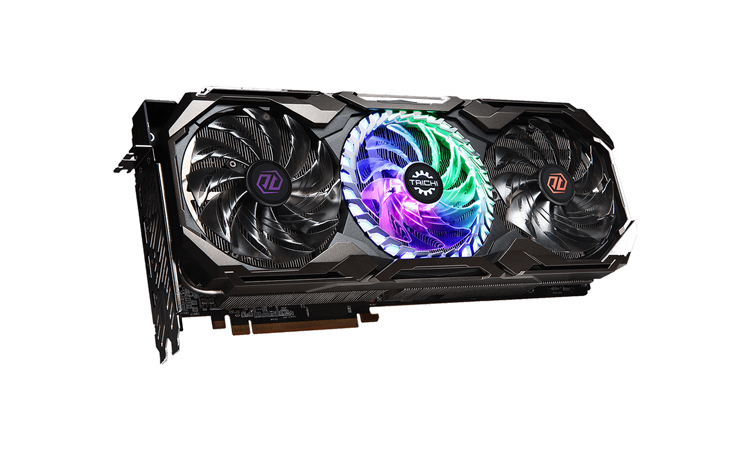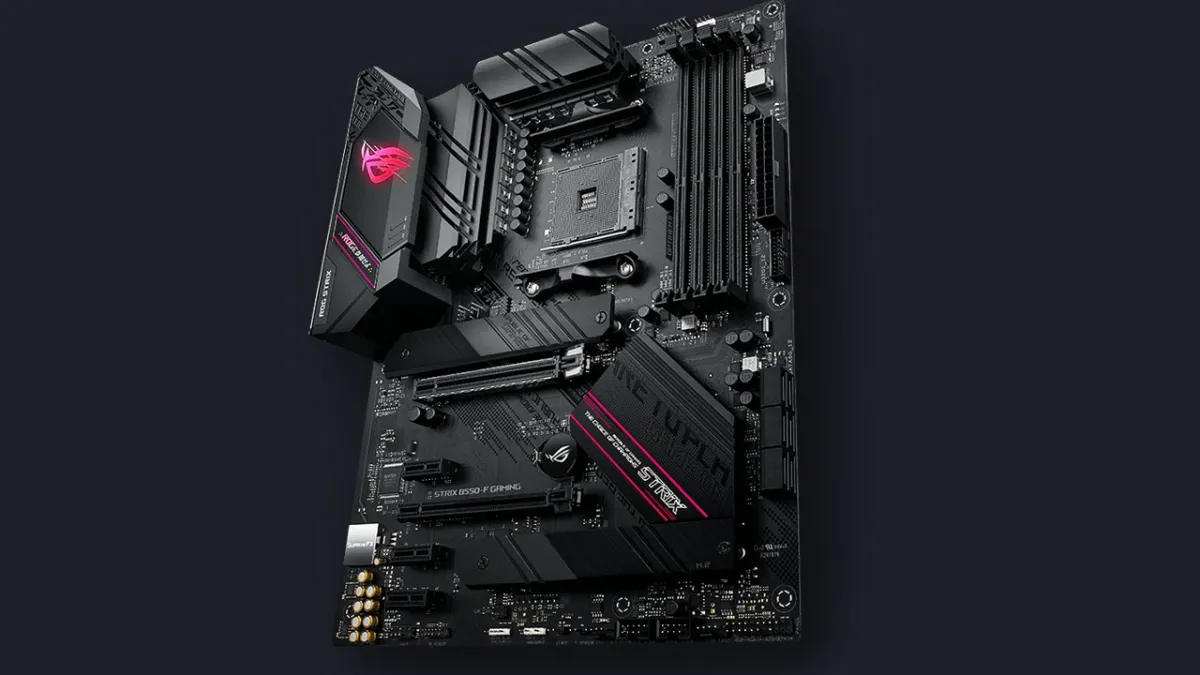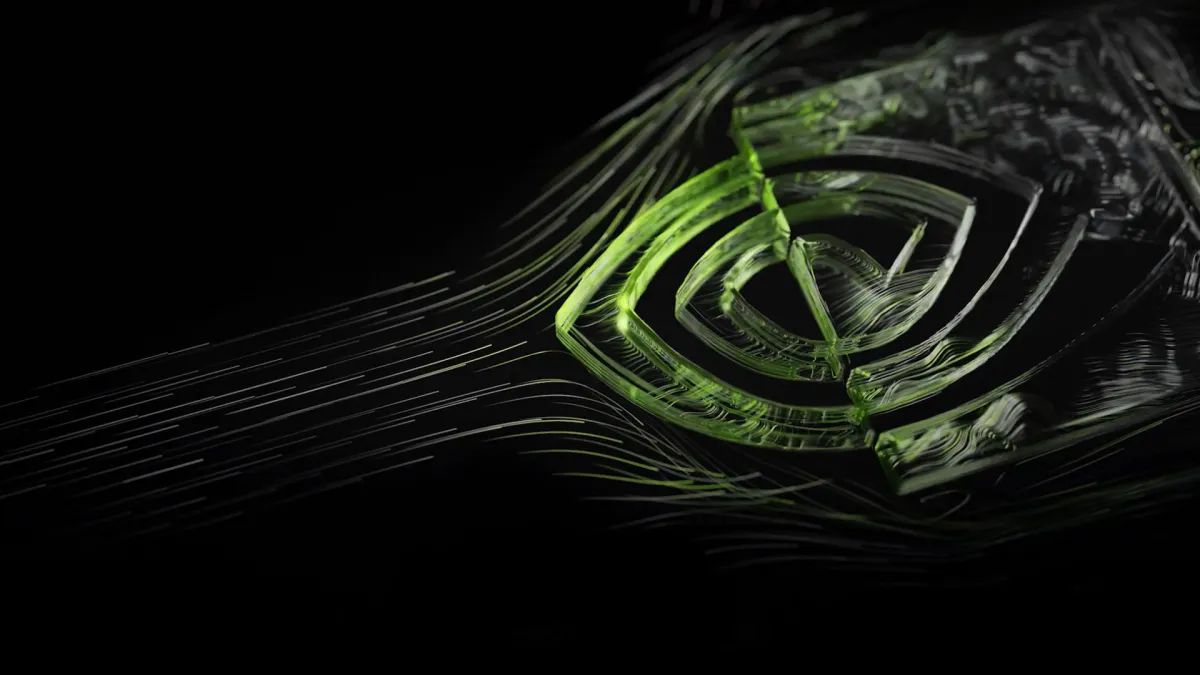The prospect of powerful next-gen graphics cards arriving from AMD and Nvidia in the coming months has a lot of gamers excited for new performance tiers. What doesn’t have as many gamers excited, is the concern over increased power draw for all models, particularly for Nvidia cards. AMD addressed this concern in a recent interview with Tom’s Hardware, confirming higher power consumption for RDNA 3 graphics cards, with an emphasis on the increased efficiency that will come with it.
The outlet spoke to AMD executive Sam Naffziger, who’s been around at AMD for over a decade now and has been heavily involved with innovative new designs regarding CPU and GPU chiplets. Naffziger touched on a number of aspects regarding the RDNA 3 architecture, including a basic design overview, scalable higher frequencies, increased efficiency per watt, and how the new GPUs will fare against the competition.
Time to flex new tech
In typical executive fashion, Naffziger displayed a lot of confidence in the designs for RDNA 3, and perhaps rightfully so since these will be the first consumer graphics cards to use chiplets. Simply put, high-end Radeon 7000 Series graphics cards will use advanced packaging techniques to “glue” together multiple GPU processors with AMD’s patented high-bandwidth Infinity Cache technology. This will essentially be a new way to make graphics cards and allow for better performance scaling and power efficiency versus traditional single GPU designs.
Needless to say, AMD seems confident that its next generation of products will give Nvidia some serious competition. The upcoming RTX 40 Series will only use single GPUs. It’s an oversimplification to simply say two is better than one, but that’s the gist of it all.
Performance or efficiency? Both?
One of the clear benefits to multi-GPU designs is that each GPU can be tuned to a lower clock frequency that’s higher in the performance-per-watt efficiency curve. AMD further hinted at other tweaks to improve efficiency, including input from Ryzen CPU engineers on how to maintain higher clocks while retaining lower voltages.
Nvidia will have to basically overclock its single GPU designs to get more performance at the cost of diminishing efficiency in order to keep up with AMD’s design advantage. Nvidia hasn’t said anything official about the RTX 40 Series yet, but AMD claims a 50% performance-per-watt improvement for RDNA 3 over RDNA 2. However, Naffziger confirmed overall power consumption will increase this generation.
“Performance is king,” said Naffziger, “but even if our designs are more power-efficient, that doesn’t mean you don’t push power levels up if the competition is doing the same thing. It’s just that they’ll have to push them a lot higher than we will.”
With that said, Nvidia’s been eerily quiet about the RTX 40 Series, and it has yet to drop any official hints about what’s to come. We should expect a monsoon of official news later this year, though, as it’s expected that Nvidia, AMD, and Intel will all launch desktop graphics cards. In the meantime, check out these performance estimate leaks.







Published: Jun 24, 2022 02:45 pm